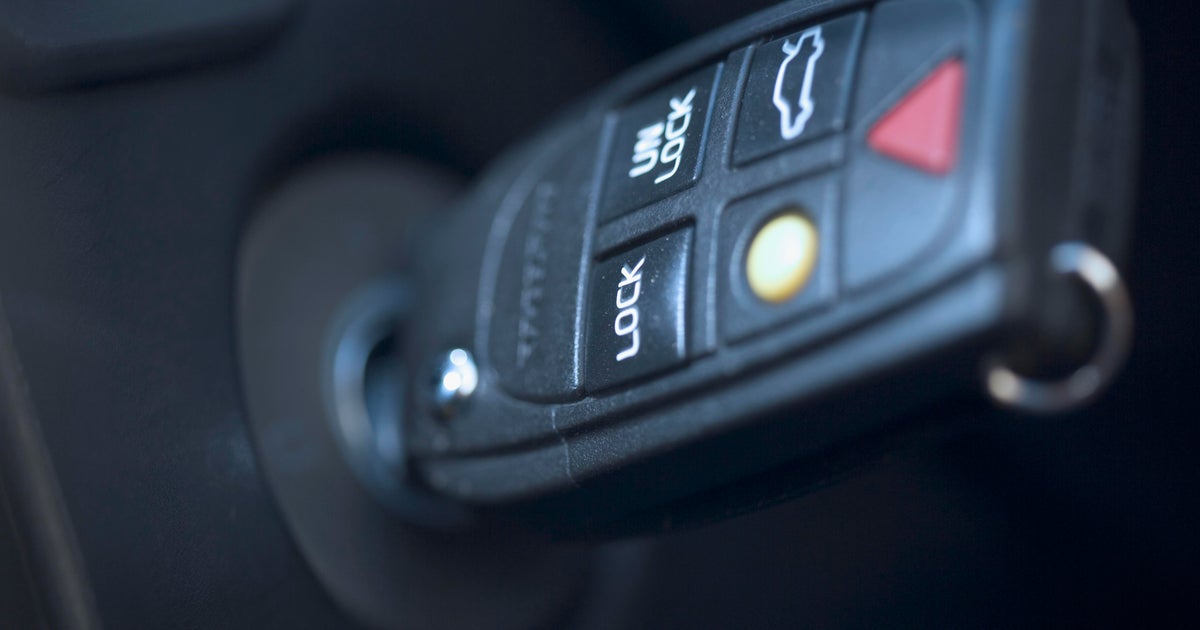Starved for semiconductors, Ford strikes deal for more chips
As the global shortage of semiconductors continues to stunt car sales, Ford Motor is teaming with a U.S. chipmaker to ensure its access to the essential vehicle components.
Under an agreement announced on Thursday, GlobalFoundries will make semiconductors for Ford vehicles and collaborate with the automaker on research. Ford will initially use the chips in its hands-free driver assist and car battery management systems.
A semiconductor is a computer chip that serves as the brain of an electronic device. It handles the complex thinking such as arithmetic and data storage that is integral to cell phones, tablets, kitchen gadgets, laptops, video game consoles and automobiles. In vehicles, dozens of individual semiconductor chips are used to control everything from engine temperature to alerting drivers of the need for an oil change.
Though many American companies like Intel and GlobalFoundries produce semiconductors on U.S. soil, most of the world's chips are produced in China and Taiwan. But with Ford, GM and many others requiring chips for their products, the pressure is growing on U.S. companies to produce semiconductors domestically.
Ford CEO Jim Farley said in a statement that the partnership with GlobalFoundries is a step toward giving the U.S. "greater independence in delivering the technologies and features our customers will most value in the future."
The chip shortage has caused Ford and other automakers to halt production of new vehicles. All told, 7 million cars that were scheduled to be built globally haven't been produced this year, according to Daniel Yergin and Matteo Fini from research firm IHS Markit. In a recent Wall Street Journal op-ed, Fini and Yergin said they don't expect semiconductor supplies to catch up with demand until late next year.
Fragile supply chains
For Ford, the disruption of supply chains caused by the COVID-19 pandemic, extreme weather and other events showed that "the just-in-time operating model that's been prevalent in auto may not be the right operating model for a lot of the different, I'll call it, systems that are very capital-intensive, with long lead times and then perhaps interdependencies with other industries," Ford Chief Financial Officer John Lawler said in a November 1 call with Wall Street analysts.
"So, semiconductors would be a great example, but you can get into things like memory chips, batteries — they have a lot of the same risk profiles. So we have fundamentally changed our approach," he added.
The shortage is also driving up the price of new cars, a trend that likely won't end until 2023.
The coronavirus pandemic is the main factor behind the chip shortage, according to the Semiconductor Industry Association. Sales of electronic devices soared when many people started working from home, logging into telemedicine visits and setting up computers for children attending remote learning. The nation's limited supply of semiconductors went largely to those devices at the expense of automobiles, the trade group has said.
Compounding the problem, a massive winter storm in the Midwest and southern and central states in February forced Samsung and NXP Semiconductors to temporarily stop producing chips at their facilities in Texas.
The Ford-GlobalFoundries collaboration is taking place even after some of the world's biggest chipmakers said they're planning to ramp up semiconductor production.
Other chipmakers also plan to rev up production in the U.S. Taiwan Semiconductor said in April that it plans to spend $100 billion over the next three years to pump out more chips. Part of that plan includes building a $12 billion production factory in Arizona, Reuters reported.
Intel said in March that it is building two new chip fabrication facilities. The company broke ground on those facilities in September, which are scheduled to open in 2024.



